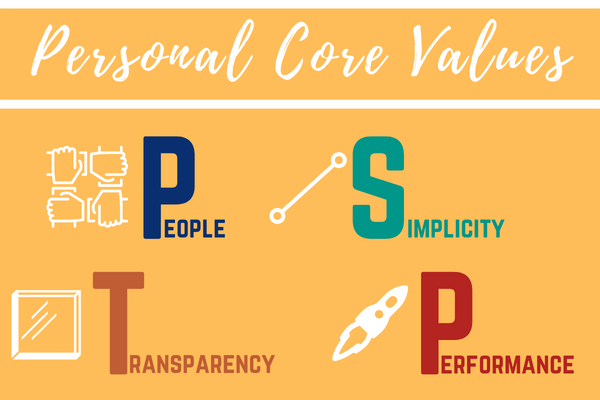
Does an experienced leader and a startup organisation go hand-in-hand? Or is there a nominated winner? I am in leadership roles since 2010 – quite some time. Early 2020 I had to decide if I wanted to join a startup – well, a young organisation. 10 years leadership experience and bigger teams vs. a young, well-funded, organisation with a great vision and roughly 15 people overall.
Just recently, end 2022, I reflected on the decision from almost 3 years ago. Was it a good decision to join a startup as experienced leader? Would I do the same again – enter a young organisation? Before I share my summary I’d like to share some of my impressions.
VUCA? I experienced it live and in color.
VUCA is an abbreviation and stands for volatile, uncertain, complex, ambitious. It is typically used as a description for the economic situation currently perceived in comparison to “the good old times”. Typically, VUCA comes as a very abstract und intangible description. I at least haven’t had the experience of a real VUCA environment – so far.
The young organisation changed this – a lot. The key paradigm of the overall organisation was and still is to get as much value for the company as possible in the finite amount of time left. This resulted in a series of constant changes in strategy and direction for the employees and the leaders (volatile ✅ uncertain ✅). As a lead person – in whatever department – it was always a tough decision between do it just “good-enough” or now is the “right” time to do it right (complex – ✅). Now, mix a bit of COVID with some financial crisis and the need to kick-off the next financing round. The end result are external signals that need constant interpretation and allow at best a “steer at sight” approach (ambitious ✅).
It takes a lot of patience, a “keep-calm”-mindset from an experienced leader in the startup to get the organisation ahead – in the right direction.
Time warp – 1 for 7
After some time in such a dynamic environment you start to realise that 1 month in the organisation feels like 7 months in real life. Decisions are taken so fast, projects need to be prioritised, organisational changes fly by, important meetings with investors and clients are lined up, technical escalation meetings and management meetings give each other a hand. It happens a lot in a minimum amount of time. So, better be prepared on how you organise yourself and the functions you’re responsible for. It’s definitely a different pace than what you’ve experienced so far.
Surprise? Surprise!
“Planning replaces coincidence by error.” by Albert Einstein. So true! Most of the other planning activities you do for roadmaps, budgets, mission, project planning, quarterly plans are typically altered after months, weeks or even days. After a while in this hamster wheel you realise that you can only prepare yourself for “not being surprised by any surprise” (borrowed with pride from D. Siegel and his great book “Decide & Conquer”). So, prepare yourself for the unthinkable – it’s likely to happen.
And out of the chaos a voice spoke to me: “Smile and be happy, it could be worse!”, and I smiled and was happy, and it came worse…!
unknown (most likely the “Chaos”)
There will be nobody to delegate to … get your hands dirty!
A lot of experienced leaders are used to have some people around them – subject matter experts eager to shine on topics. This is different in a small organisation. It’s you to shine – be prepared to get your hands dirty. I ended up – initially – installing notebooks, creating user accounts in Office 365, setting up the tech environment for performance ads, drafting a great recruiter strategy, put rough processes in place – which are better than nothing, but far away from good. No time to lean back. It hits you like a train.
Fun & lots of talented people around you
Typically, the people around you purposefully selected a young organisation. They are hungry for the pace, the responsibility, the growth and the purpose. The energy and willingness of these people is stunning. Clever, talented people around you – ready to grow. And they are typically looking for a certain level of experience to guide them, to indicate the “right” direction. That’s a part of the experienced leader – they’ll need your advice.
Experience matters, a lot.
You and your experience – you are the lighthouse in heavy water, you’re the rock in the surf. You have seen a lot in your career – so your prime action instruction when the organisation faces one of the aforementioned surprises: stay calm. Most likely you’ve been in comparable situations – others have not. Where your heartbeat parallels others in the organisation are close to panic’ing. In these situations all eyes are on you and typically it’s by applying simple management techniques and you get the situation cleared. The calmness is, however, important for the organisation. Your spot in the organisation is to support with your experience and bring it forward, fast.
Would I do this again?
Even the above mentioned points are surprises in its own and one might ask “Why would you even consider repeating such a journey?”. Well, “with great power comes great responsibility”. In no other environment you can move things as fast as in a young organisation. Impact, everywhere. Clever and eager people, everywhere. Surprises, well also everywhere. Fun, definitely. So, count me in for the next round!


